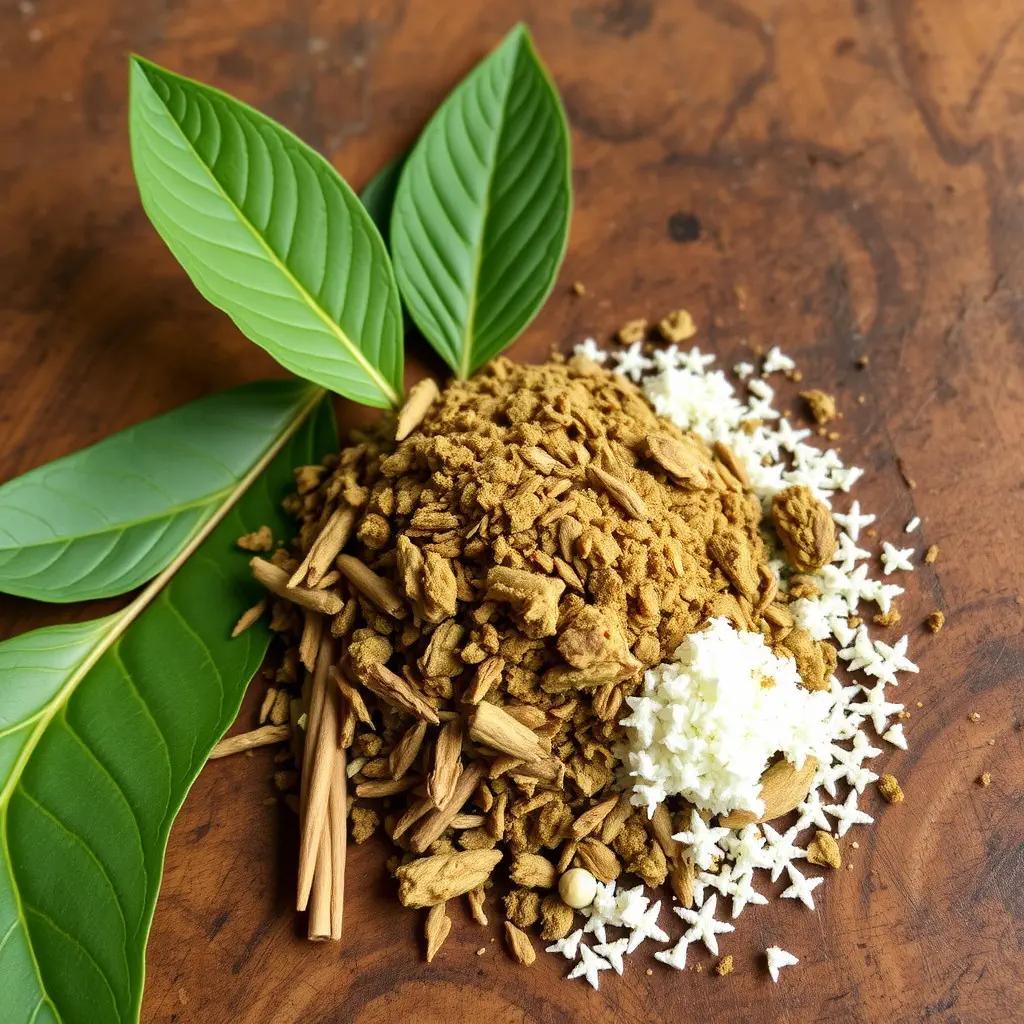In Indiana, the indiana kratom law permits the use of kratom for chronic pain management under specific conditions, with strict regulations under the Controlled Substances Act. Classified as a Schedule I controlled substance, possession, purchase, or sale without a valid prescription is illegal. However, exemptions exist for law enforcement and research institutions, and compassionate care laws may allow patients to access kratom with qualified healthcare guidance. Understanding these intricate indiana kratom law regulations is crucial for residents and visitors seeking alternative herbal remedies.
Chronic pain is a debilitating condition affecting millions, often leading to reduced quality of life. This comprehensive guide explores effective management strategies, with a unique focus on kratom—a natural herb gaining attention for its potential benefits. We delve into understanding chronic pain and its impact, navigate the Indiana kratom law landscape, and provide insights into integrating kratom safely into a holistic pain management plan. By exploring these aspects, individuals can make informed decisions regarding their long-term well-being.
- Understanding Chronic Pain and Its Impact
- Indiana Kratom Law: What You Need to Know
- Integrating Kratom into a Comprehensive Pain Management Plan
Understanding Chronic Pain and Its Impact

Chronic pain is a complex and persistent condition that affects millions worldwide, significantly impacting an individual’s quality of life. It is defined as pain that lasts for months or even years, often stemming from various sources like arthritis, fibromyalgia, nerve damage, or past injuries. Unlike acute pain, which serves as a warning signal, chronic pain continues long after the initial injury has healed, leading to persistent discomfort and disability. The impact extends beyond physical symptoms; it can cause psychological distress, sleep disturbances, and social isolation, further exacerbating the overall well-being of those affected.
In Indiana, the kratom law allows for the use of this herbal extract under certain conditions, offering a potential alternative for chronic pain management. Many individuals turn to kratom as a natural solution due to its analgesic properties, which can help alleviate pain without the side effects associated with traditional pharmaceuticals. However, it’s crucial to approach kratom therapy with caution and expert guidance, ensuring safe and effective use while managing expectations and understanding individual responses.
Indiana Kratom Law: What You Need to Know

In Indiana, the kratom laws are regulated under the Controlled Substances Act, with specific rules governing its possession and use. It’s crucial to understand that kratom is classified as a Schedule I controlled substance in the state, meaning it has a high potential for abuse and no accepted medical use. This classification makes it illegal to possess, buy, or sell kratom without a valid prescription from a licensed healthcare provider.
However, Indiana does offer some exemptions and clarifications. For example, law enforcement agencies and registered research institutions can obtain permits to access kratom for specific investigative or research purposes. Additionally, the state’s compassion care laws might provide an avenue for patients with chronic pain or other conditions to gain access to kratom through a qualified healthcare practitioner. It’s essential to consult with legal experts or medical professionals to navigate these regulations and understand your rights regarding indiana kratom law.
Integrating Kratom into a Comprehensive Pain Management Plan

Chronic pain management can be a complex journey, but with the right guidance, such as the insights provided on Indiana’s kratom laws, individuals can explore natural solutions like kratom as part of a comprehensive plan. By understanding both the science behind chronic pain and the potential benefits of kratom, patients can make informed decisions about their well-being. Always prioritizing safety and legality, as outlined in the Indiana kratom law, ensures access to this alternative treatment while avoiding any legal pitfalls. This approach empowers folks to take control of their pain management and embrace a more balanced, natural path.






